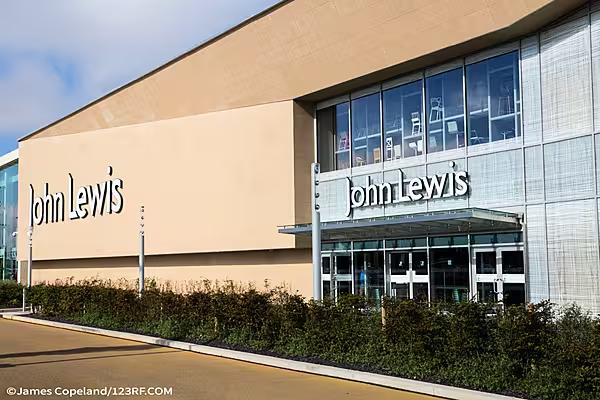British department store John Lewis is “quietly optimistic” about trading in the run-up to Christmas, the executive director Peter Ruis said on Thursday.
Ruis made the claim to reporters despite the prospect of the new Labour government announcing tax rises in next week’s budget.
The John Lewis department store business is part of the employee-owned John Lewis Partnership, which also runs the upmarket Waitrose supermarket chain.
Ruis said, “You tend to get a feel for these things and what we’ve seen is this optimism build as we’ve gone into the autumn season.”
He added that both John Lewis and Waitrose were currently trading ahead of their plans, noting sales in John Lewis’ Christmas shop are up 18% year-on-year, while Waitrose’s appointment bookings for online deliveries are “way ahead” of last year.
An expectation of another interest rate cut next month and a sense that consumers are in a better place economically than this time last year is “showing through in the customer behaviour,” Ruis said.
Stores
Official data published last week showed UK retail sales unexpectedly rose in September.
However, other retailers have noted that shoppers remain nervous about discretionary purchases ahead of Rachel Reeves’ 30 October budget.
Ruis said, “We have a budget every year, there’s a lot of press interest because it’s the first of this government.
“I don’t generally find it’s a huge thing for customers.”
Ruis made the comments at John Lewis’ revamped flagship store on London’s Oxford Street.
The 160-year-old store’s £6.5 million upgrade is part of a planned £800 million investment in the John Lewis brand over four years.
The store has a new, bigger beauty hall featuring 175 brands, improvements to its jewellery, homewares, technology and appliances offers, a Waterstones bookshop, new rooftop restaurant and bard, and from next year Jamie Oliver Cookery School and Café.
Ruis said the post-Covid return of shoppers to physical stores had given the group the confidence to invest in its estate – with £126 million spend this year, and a further £136 million committed for 2025.
Ruis said, “We all came out of Covid thinking ‘had we trained the customer to live online’, and we found quickly that we hadn’t.”
Read More: Sainsbury’s Boss Looks To UK Budget To Lift Spending Gloom





